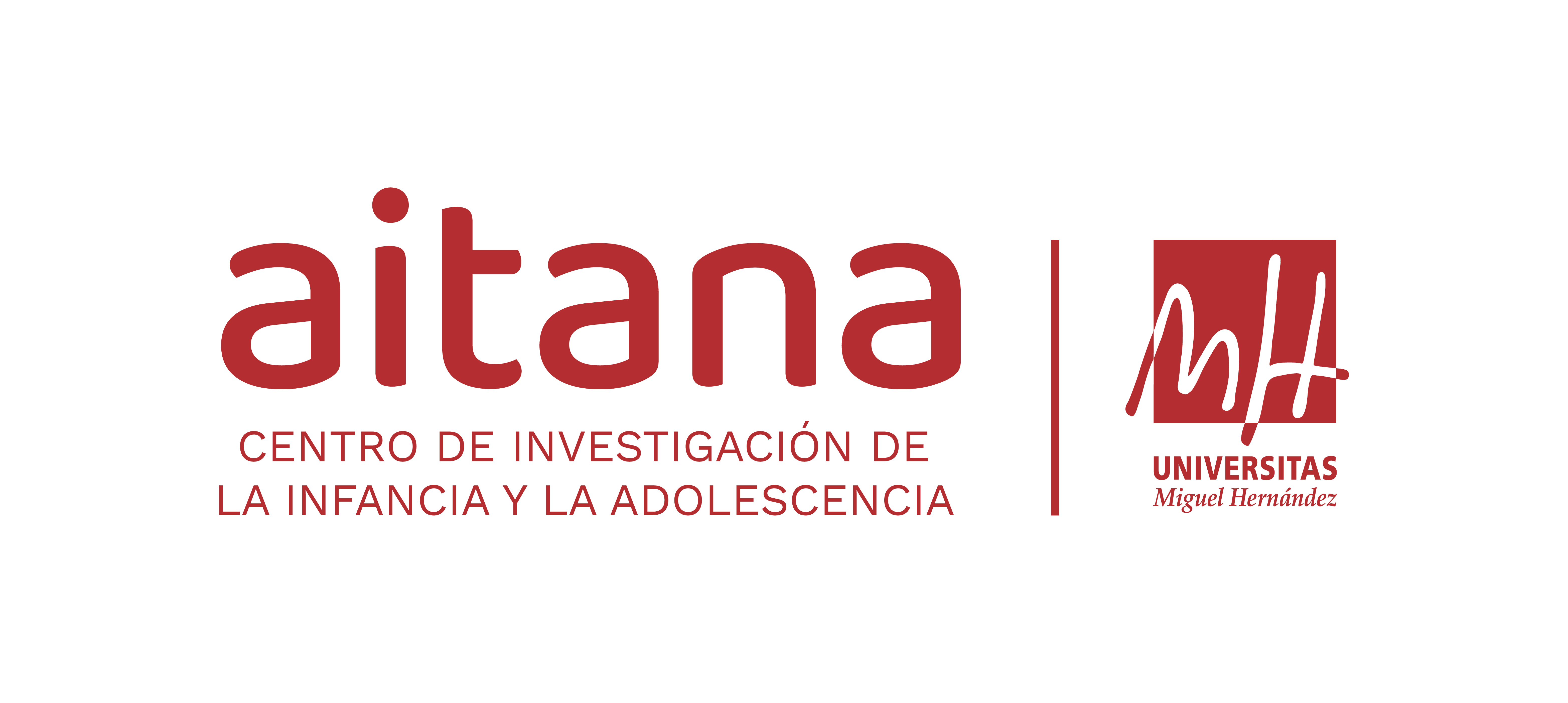The Super Skills socio-emotional skills program is effective when applied to girls and boys diagnosed with an affective disorder (anxiety, depression, and adjustment disorders), according to a doctoral thesis defended by the doctoral student at the Miguel Hernández University of Elche (UMH) Sara Diego. The study has been directed by professors Mireia Orgilés and Sandra Morales, from the Childhood Research Center and the AITANA research group at the UMH.
The results provide evidence of the immediate effects of the program, which achieves a remission of anxiety diagnoses in 85.2% of the children (compared to 3.45% of the group on the waiting list), and depression in 100%. of cases (compared to 0% of the waiting list group) and of stress-related disorders in 94.1% of the participants (compared to 0% of the waiting list group). In addition to the remission of the clinical diagnosis, the children who received the program had less interference from anxiety in their lives, reported a reduction in problems with their peers, their psychological difficulties were minimized, and their self-concept improved. The results were maintained and even improved in the evaluations 3, 6 and 12 months after completing the psychological treatment.
The program was implemented by clinical psychologists in a Mental Health Unit in Valencia and comprised 8 sessions lasting 50 minutes each, with groups consisting of 6 children. The Super Skills program includes components such as emotional education, cognitive techniques, problem-solving, activation control techniques, social skills training, behavioral activation, and video feedback.
Super Skills is an intervention program with a transdiagnostic approach, based on the development of socio-emotional skills. The effectiveness of the program has been studied by the AITANA research group of the UMH with scientific evidence accumulated over a decade. Previous studies showed that the program improves the emotional and social well-being of children between 6 and 12 years old, but until now it was unknown if the program was useful for children diagnosed with emotional disorders when applied in the Spanish National Health System.
According to the UMH researcher, the conclusions of the thesis have significant implications in the scientific and clinical fields. Mental health problems in minors (such as anxiety, depression and adjustment disorders) are prevalent. Although there are effective treatments, the lack of resources in public services and high demand make universal access to treatments difficult. When emotional problems are not addressed early, they tend to become chronic and increase the risk of new disorders, generating an additional burden for minors, families and health services. The results of the defended doctoral thesis represent an advance in the treatment of emotional disorders in clinical contexts, since it is the first group program with evidence of its effectiveness that is applied to girls and boys with emotional disorders in the National Health System. In just 8 group sessions, Super Skills achieves the remission of diagnoses in minors who receive the program, which is a viable and efficient resource for its application in the National Health System.
More information about the program here.

